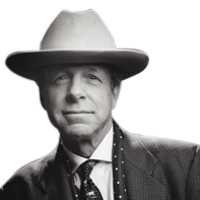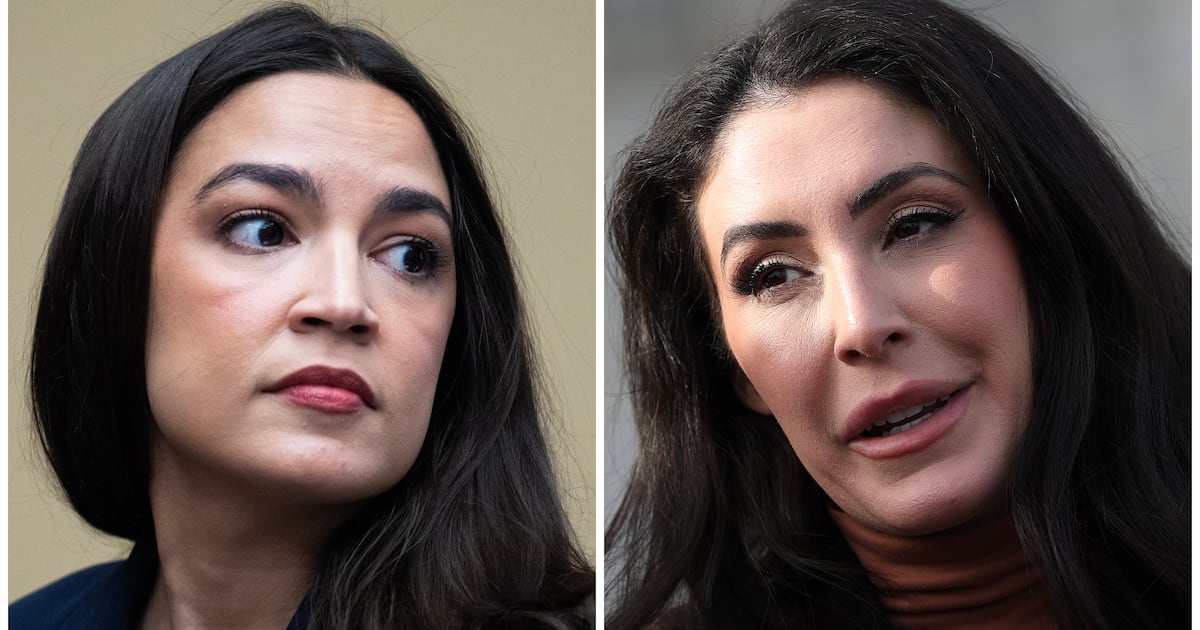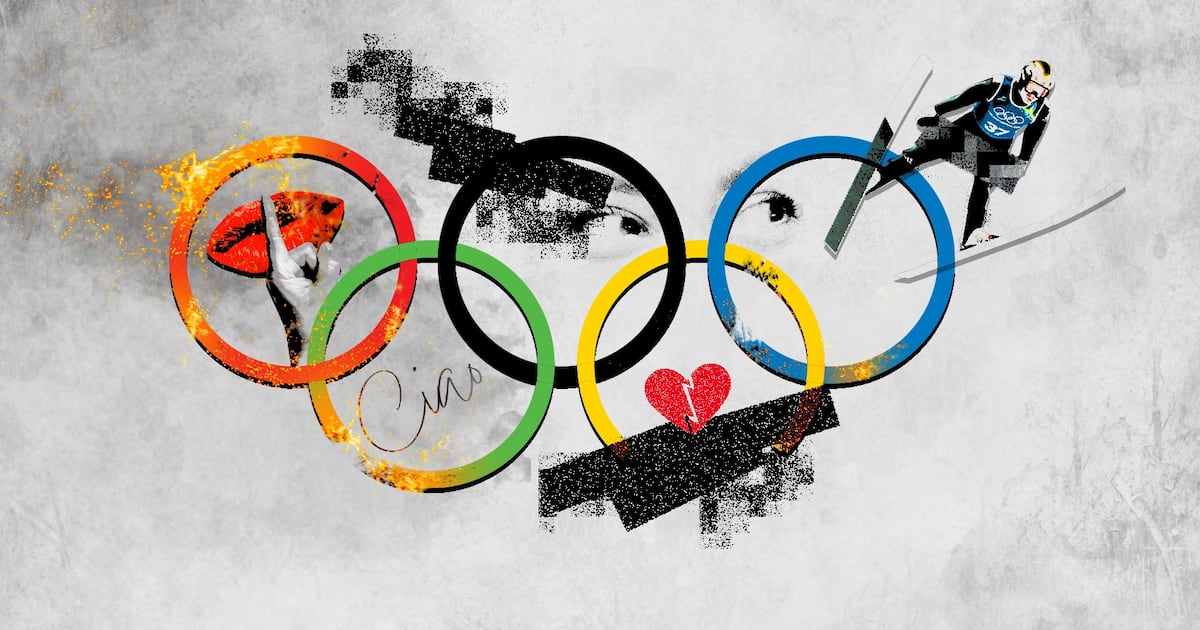Today we learn the answer, at least in part, to a question on many people's minds: what is Hillary Clinton going to do as a private citizen?

She and the Bill, Hillary and Chelsea Clinton Foundation are joining forces with Next Generation, a nonpartisan strategic-policy and communications organization, to launch Too Small to Fail—a new initiative focused on improving the health and well-being of children ages zero to 5. Too Small to Fail will focus on promoting scientific research about early childhood development, with the goal of reaching as many American parents and business leaders as possible and motivating them to change behavior so that the next generation can have a chance to succeed.
“One of the best investments we can make as a nation is to give our kids the ingredients they need to develop in the first five years of life,” Secretary Clinton said. “We will help bring together the tools that will give children the chance to succeed by the time they’re 5, so that when those kids get to school, they’re able to compete, they are more able to pursue their own dreams. That’s what excites me about Too Small to Fail.”
As a Republican, I never expected to be working with Hillary Clinton. But, because I’ve been through the partisan microwave so many times, I care more these days about problem-solving than scoring political points (which is why I helped cofound No Labels. I care more about what works than who wins).
I’ve spent the better part of my career in politics and public policy working on and fighting for education reforms. I worked for a Texas governor in the mid-’80s who passed the infamous “No Pass, No Play” rule, which meant if a student didn’t pass their courses, they couldn’t play football. You can imagine how that went over in Texas: it got the governor un-elected.
And it was work I was doing to support charter schools in Texas that was the focus of my initial meeting with George W. Bush, who went on to enact significant charter laws as governor of Texas. I later went to work for him when he ran for reelection, then worked on his campaigns for president, where we spent a lot of time talking about "No Child Left Behind," an idea which became landmark federal education legislation.
But as I’ve recently reflected on almost 30 years of working on this issue—after the billions of dollars that have been spent and hundreds of programs and pilots that have been tried—the fact is that we have made remarkably little progress. In fact, we’ve gone backward. I was shocked to see that while some innovative charter schools that represent very poor students are sending almost 100 percent of their students to college, nearly three-quarters of them are dropping out.
Then I began reading Republican David Brooks’s columns about emerging research and science revealing the wisdom of very early intervention strategies. It is increasingly clear that if learning and nutrition strategies are implemented with very young children, they will be significantly more likely to succeed in life—and less likely to need costly remediation later.
Says Brooks: “millions of parents don’t have the means, the skill, or, in some cases, the interest in building their children’s future. Early childhood education is about building structures so both parents and children learn practical life skills.”
Seems like a very conservative approach to me. Invest a little early and save lots later.
“We’ve got big challenges; our students are falling further and further behind in math and science,” says Sara Martinez Tucker, CEO of the National Math + Science Initiative and the former undersecretary of education under President George W. Bush. “But we can fix it. The research shows that the early years really matter. Getting them excited. Getting them to want to learn about what’s out there. If we get it right there, hooked on either math or science, that’s huge. Not just for our kids, but for the future of our country.”
A year ago or so, I was connected with a nonprofit organization, The Next Generation, which is dedicated to precisely these issues. Since then I have been working closely with the organization’s professionals, who have been developing smart strategies on these topics.
Then a few months ago, Hillary Clinton expressed an interest in what we were doing. She wanted to learn more, which was not entirely surprising, given her early and long history of working on related issues. As she learned more about the Next Generation, we learned more about her thinking on the subject, which was insightful and intellectually penetrating. It became clear there was a lot of potential synergy and that a partnership made a lot of sense.
It pleased my conservative instincts to see Secretary Clinton’s push for a focus not on government solutions, but on personal responsibility and behavior, supported by private-sector approaches to the problem. To provide American parents with the resources they need to help their children succeed, Too Small to Fail will work to:
• Promote new research on the science of children’s brain development and on the effect of early nutrition on childhood development; • Launch a personal action campaign aimed at encouraging parents and caregivers to take simple actions that are proven to improve learning and health; • Launch a private-sector action campaign designed to secure business commitments that will improve conditions for families; and • Convene childhood-development experts, parents, private-sector leaders, and other stakeholders in a major, national discussion that helps advance understanding of the science of early childhood development.
I know I’m going to take a lot of heat from some folks on my side of the aisle who will say it is heresy to be working with Hillary Clinton. Fortunately, at this stage of my life, I don’t care. More to the point, if hyper-partisans will look at these issues and the remarkable science and research surfacing now about the wisdom and efficacy of these strategies, I believe they will recognize it is the smart thing to do. It is the right thing to do. And it is the conservative thing to do.






